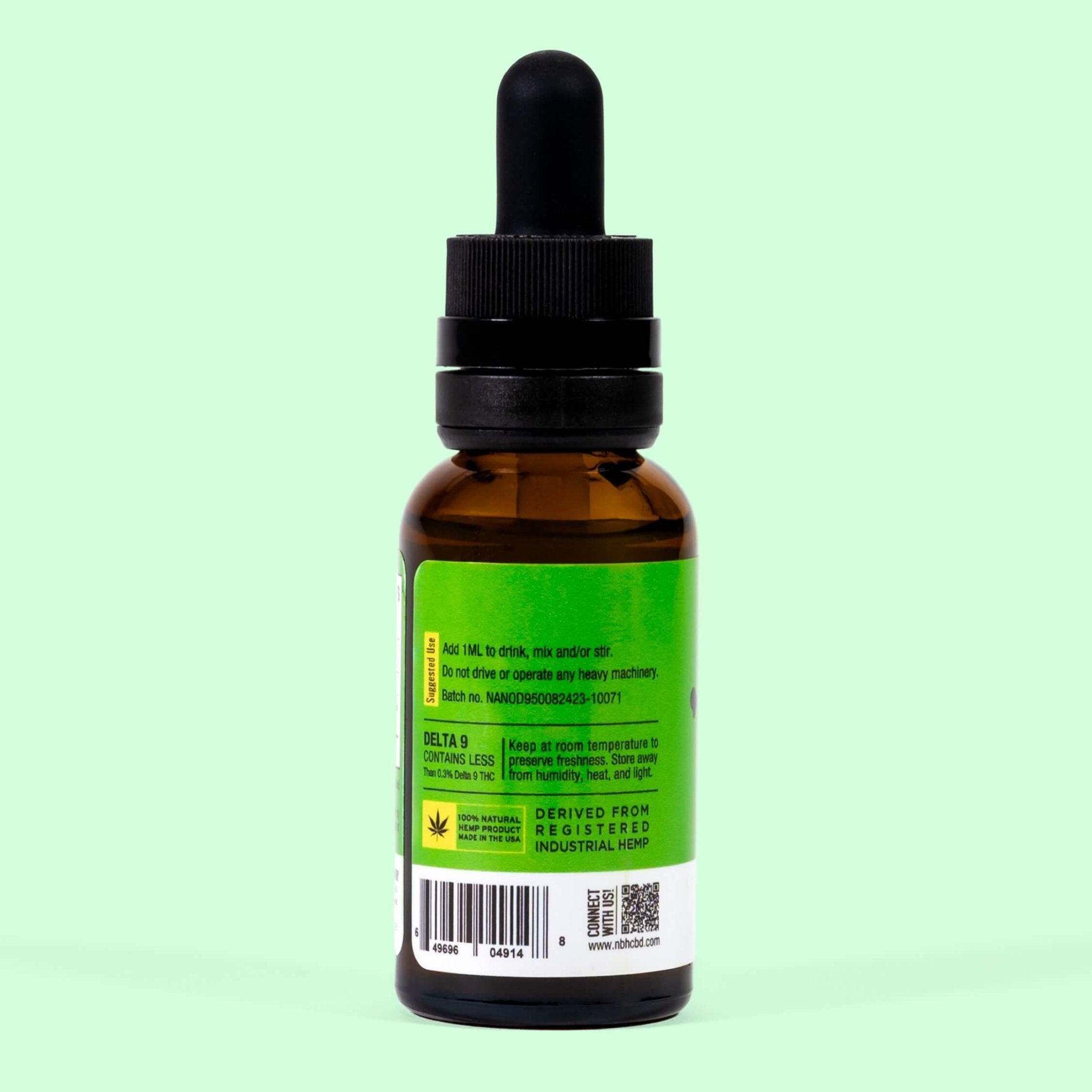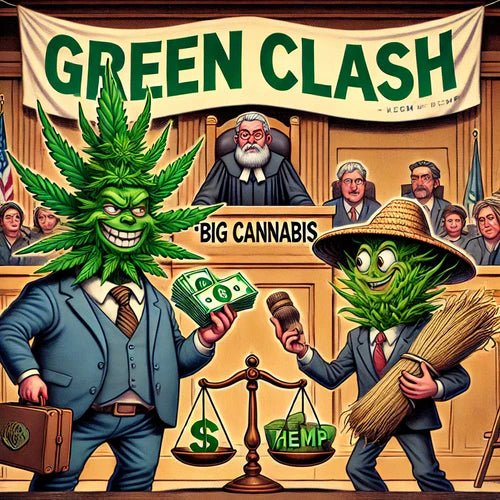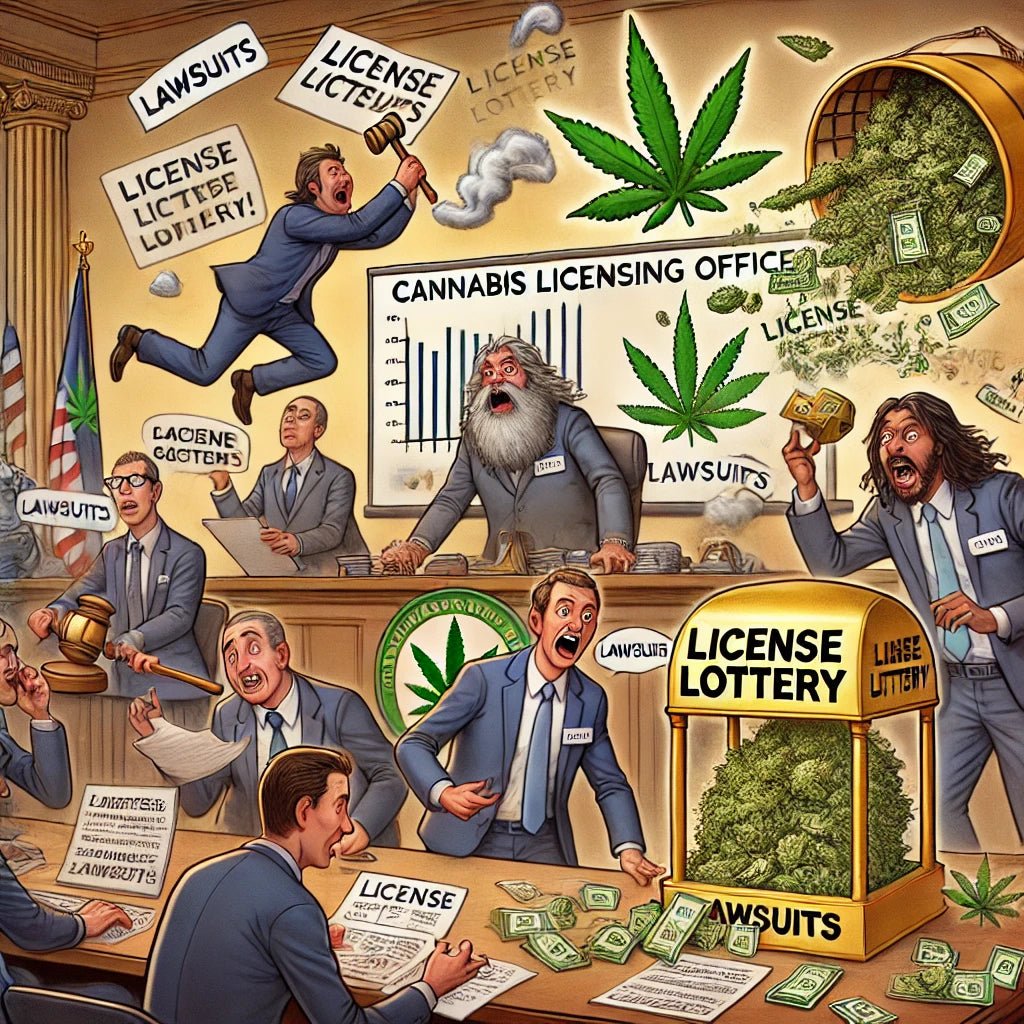Illinois: The Land of Lincoln... and Laughable Hemp Laws
Illinois legislators have introduced HB4293, a bill so baffling it could double as satire. It’s as if they gathered around a table and said, “How can we make life harder for small businesses, hurt consumer choice, and protect big cannabis monopolies all in one go?” Spoiler alert: they nailed it.
The proposed Hemp Consumer Products Act targets the hemp-derived THC market, particularly the growing popularity of Delta-8 and Delta-9 THC products. But don’t let the name fool you—this bill is less about protecting consumers and more about eliminating competition. Here’s why it’s a circus act of policy, why it’s unfair, and why Illinois should probably put down the pen and rethink this one.
1. HB4293 in a Nutshell
-
Restricts Sales Channels: Under this bill, all hemp-derived THC products (Delta-8, Delta-9, Delta-10, etc.) would ONLY be allowed for sale in state-licensed dispensaries.
-
Translation: No more hemp products at CBD stores, gas stations, or anywhere remotely convenient. Say goodbye to your local hemp shop and hello to overpriced dispensary shelves.
-
-
Licensing and Testing Nightmares: Small hemp businesses would have to jump through flaming hoops—expensive licensing, rigorous testing, and packaging rules—similar to those imposed on marijuana.
-
Who benefits? Big marijuana companies.
-
Who gets smacked in the face? Small hemp farmers, retailers, and you, the consumer.
-
-
Potential Ban on Synthetic Intoxicants: The bill includes language to ban or restrict synthetic THC isomers like Delta-8 without any actual research proving they’re unsafe.
-
Reminder: Just because something sounds scary or "synthetic" doesn’t mean it’s harmful. Most hemp-derived Delta-8 THC is made through perfectly natural processes.
-
2. Why This Bill is a Love Letter to Big Marijuana
Let’s call it what it is: anti-competitive lunacy. Big marijuana companies don’t like hemp products because hemp has figured out how to deliver legal THC at a fraction of the price. Delta-8 and hemp-derived Delta-9 THC products are perfectly legal under the 2018 Farm Bill, as long as they contain less than 0.3% Delta-9 THC by dry weight.
Here’s the kicker: Illinois marijuana companies are throwing tantrums over hemp competition while charging consumers sky-high prices at dispensaries. By forcing all hemp products into licensed dispensaries, marijuana companies get to eliminate their competition and maintain their bloated monopolies. Oh, and let’s not forget that these same companies likely helped write the bill. Real subtle, guys.
3. Anti-Trust, Anyone?
HB4293 reeks of anti-trust shenanigans. It creates an environment where:
-
One industry (marijuana) uses the law as a wrecking ball against its competition (hemp).
-
Small hemp businesses—which are often minority-owned, local, and scrappy—are pushed to extinction.
-
Consumers lose affordable, accessible alternatives to ridiculously expensive dispensary products.
The Federal Trade Commission (FTC) frowns heavily on anti-competitive behavior like this. If HB4293 passes, don’t be surprised when lawsuits start flying faster than politicians backpedaling in an election year.
4. Killing Jobs and Small Businesses
Hemp businesses in Illinois provide jobs for farmers, processors, retailers, and employees who rely on this booming market. By kneecapping them, HB4293:
-
Devastates local economies: Small towns and local businesses thrive on hemp sales. This bill wipes that out.
-
Eliminates jobs: Hemp growers, manufacturers, and retailers will be forced to shut down. And no, dispensaries won’t suddenly hire these folks out of the goodness of their hearts.
-
Stifles innovation: Hemp-derived products like microdose gummies, beverages, and topicals are revolutionizing how people enjoy legal THC. Why punish progress just because big marijuana doesn’t like it?
5. The Real Loser? Consumers
Here’s what HB4293 means for you:
-
Higher Prices: Hemp-derived products are cheaper than dispensary THC. Restricting them to dispensaries guarantees you’ll pay through the nose for the same effects.
-
Less Access: Say goodbye to CBD shops, gas stations, and online retailers carrying hemp THC products. Hope you enjoy driving 45 minutes to the nearest dispensary.
-
Fewer Choices: Innovative products, like hemp Delta-9 beverages and affordable gummies, will become rare. Good luck finding your favorite low-dose options without emptying your wallet.
6. Final Thoughts: It’s Ridiculous, Plain and Simple
HB4293 is bad for small businesses, bad for consumers, and downright embarrassing for Illinois. It’s a handout to big marijuana monopolies at the expense of everyone else, and it’s entirely unnecessary. If lawmakers are truly concerned about consumer safety, they should focus on reasonable regulation—not eradicating competition.
Hemp-derived THC products are legal under federal law and perfectly safe when tested and labeled correctly. Instead of choking the hemp industry, Illinois should celebrate it as an innovative market that creates jobs, supports small businesses, and gives consumers affordable options.
To Illinois lawmakers: Please don’t make your state the punchline of the cannabis industry. There’s still time to do the right thing—and keep big marijuana from rigging the game.
End Note: If you care about small businesses, affordable THC products, and consumer choice, call your representative and tell them to vote NO on HB4293. It’s not just unfair—it’s a giant step backward.








































